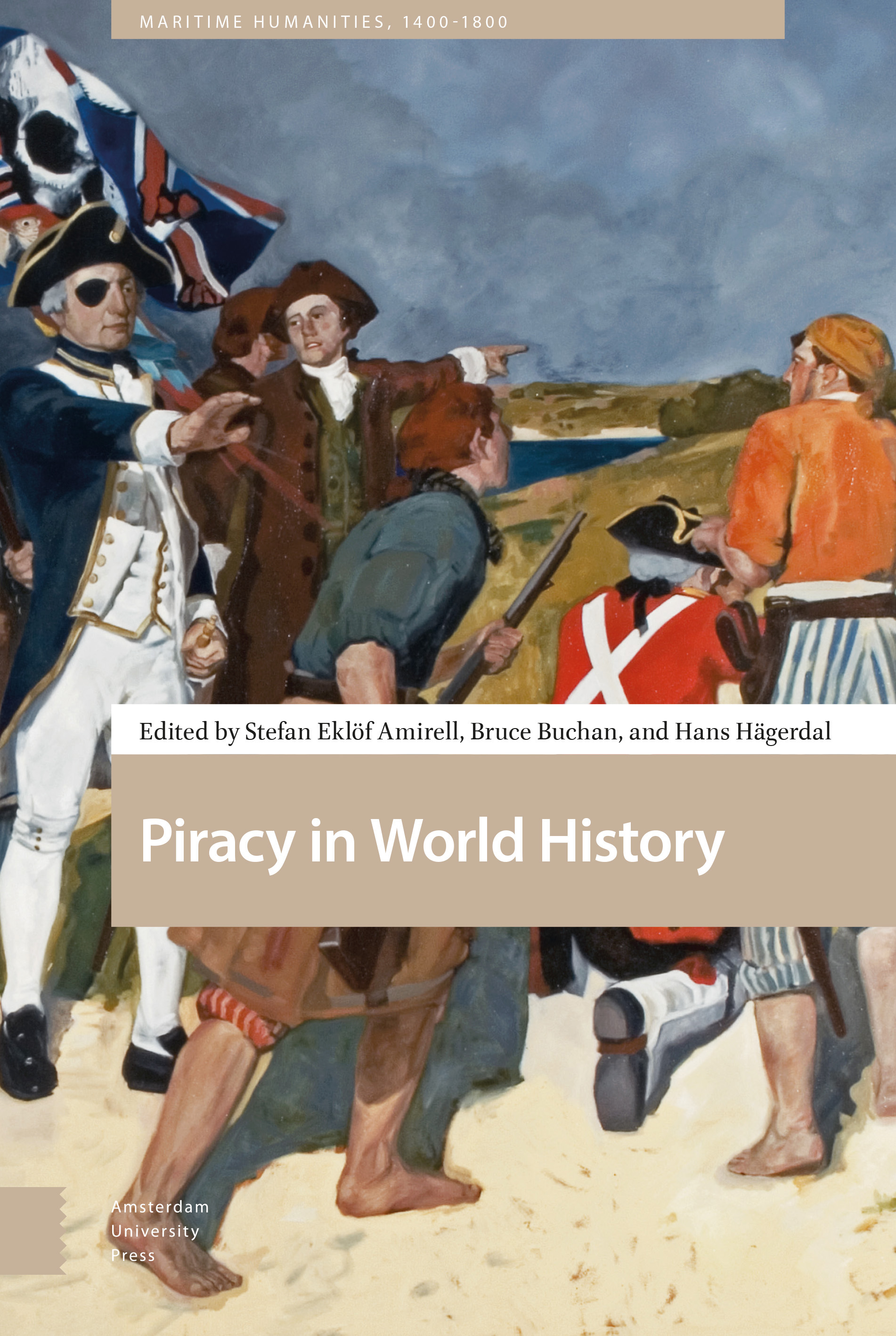Book contents
- Frontmatter
- Contents
- Acknowledgements
- 1 Introduction: Piracy in World History
- 2 “Publique Enemies to Mankind”: International Pirates as a Product of International Politics
- 3 All at Sea: Locke’s Tyrants and the Pyrates of Political Thought
- 4 The Colonial Origins of Theorizing Piracy’s Relation to Failed States
- 5 The Bugis-Makassar Seafarers: Pirates or Entrepreneurs?
- 6 Piracy in India’s Western Littoral: Reality and Representation
- 7 Holy Warriors, Rebels, and Thieves: Defining Maritime Violence in the Ottoman Mediterranean
- 8 Piracy, Empire, and Sovereignty in Late Imperial China
- 9 Persistent Piracy in Philippine Waters: Metropolitan Discourses about Chinese, Dutch, Japanese, and Moro Coastal Threats, 1570–1800
- 10 Sweden, Barbary Corsairs, and the Hostis Humani Generis: Justifying Piracy in European Political Thought
- 11 “Pirates of the Sea and the Land”: Concurrent Vietnamese and French Concepts of Piracy during the Second Half of the Nineteenth Century
- 12 Pirate Passages in Global History: Afterword
- Index
12 - Pirate Passages in Global History: Afterword
Published online by Cambridge University Press: 16 December 2021
- Frontmatter
- Contents
- Acknowledgements
- 1 Introduction: Piracy in World History
- 2 “Publique Enemies to Mankind”: International Pirates as a Product of International Politics
- 3 All at Sea: Locke’s Tyrants and the Pyrates of Political Thought
- 4 The Colonial Origins of Theorizing Piracy’s Relation to Failed States
- 5 The Bugis-Makassar Seafarers: Pirates or Entrepreneurs?
- 6 Piracy in India’s Western Littoral: Reality and Representation
- 7 Holy Warriors, Rebels, and Thieves: Defining Maritime Violence in the Ottoman Mediterranean
- 8 Piracy, Empire, and Sovereignty in Late Imperial China
- 9 Persistent Piracy in Philippine Waters: Metropolitan Discourses about Chinese, Dutch, Japanese, and Moro Coastal Threats, 1570–1800
- 10 Sweden, Barbary Corsairs, and the Hostis Humani Generis: Justifying Piracy in European Political Thought
- 11 “Pirates of the Sea and the Land”: Concurrent Vietnamese and French Concepts of Piracy during the Second Half of the Nineteenth Century
- 12 Pirate Passages in Global History: Afterword
- Index
Summary
Abstract
This Afterword describes some limitations of conceptual histories of piracy and critiques the field's enduring emphasis on pirates as hostes humani generis, enemies of all mankind. The volume's chapters show a wide range of representations of pirates and move beyond the idea of a single or uniquely European perspective on piracy that can be compared or contrasted with other approaches. The Afterword summarizes key insights from the chapters and sketches several promising trajectories in research on piracy, including studies of global patterns of maritime violence, analyses of the spatial and political contexts of piracy, and new approaches to piracy in the history of international law.
Keywords: Historiography, historical conventions, theory, conceptual critique, global history
Piracy should be an ideal subject for world historians. Sea raiding occurred in every region, some piracy spanned interconnected oceans, and anti-piracy campaigns aimed eventually at global prohibition. Still, broad or comparative accounts of piracy in world history have been surprisingly elusive. The problem in part reflects maritime historians’ traditional focus on the study of seaborne trade and navies and the relative neglect of broader political contexts. The study of piracy has helped to produce its own isolation, too, through a persistent attachment to representations of pirates as stateless rogues operating in opposition to forces of regional and global integration.
Piracy in World History helps to move the history of piracy more firmly into the realm of world history. The volume features an expansion of the geographic and chronological contexts of sea raiding and inquires whether finding patterns of “concurrence,” synchronous approaches to piracy in different social arenas and linguistic traditions, can alter well-established Eurocentric accounts. Taken together, the chapters offer some interesting answers, and one goal of my essay is to highlight these insights and to sketch the outlines of ongoing programs for research that come into clear view when the chapters are read together.
The exercise requires first registering some points of critique. I am claiming for the volume a more expansive set of goals and accomplishments than those outlined in the editors’ introduction. Amirell, Buchan, and Hägerdal describe the volume as contributing to the global history of piracy mainly by offering a “conceptual history of piracy” that is global in scope, with an emphasis on “encounters between different concepts.”
- Type
- Chapter
- Information
- Piracy in World History , pp. 267 - 284Publisher: Amsterdam University PressPrint publication year: 2021

